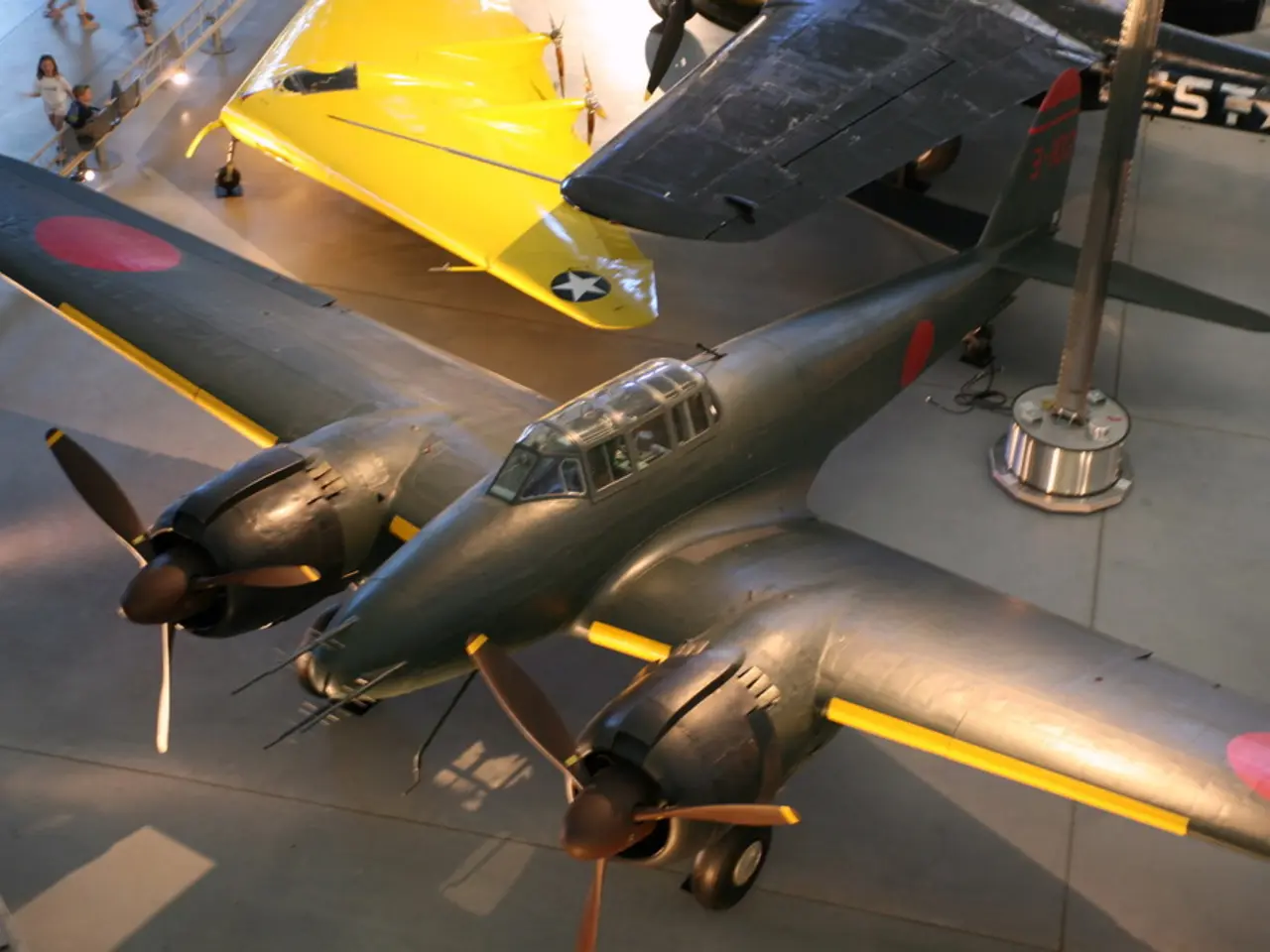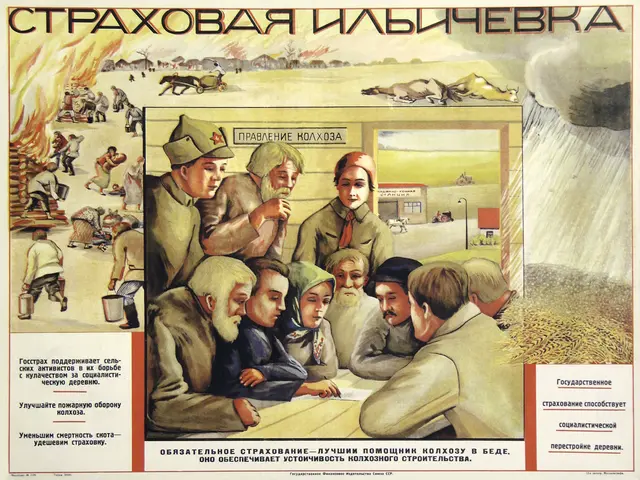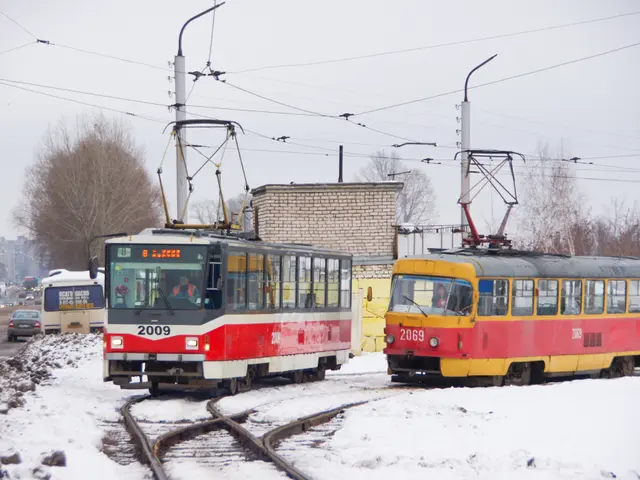Experts in Aircraft Operations
In the world of aviation, the spotlight is often on pilots and flight attendants, but the reality is that a diverse team of professionals work tirelessly behind the scenes to ensure safe and efficient operations. This multidisciplinary team forms the backbone that supports the pilots and keeps the aviation industry functioning at high standards of safety, punctuality, and operational efficiency.
At the heart of this team are aviation meteorologists, who provide vital weather information to airline personnel, including flight dispatchers, pilots, and air traffic controllers. Their accurate forecasts and real-time updates play a crucial role in navigating the skies safely.
Aircraft powerplant mechanics are another essential cog in the aviation machine. These technicians maintain and repair aircraft engines and power systems, ensuring the mechanical reliability and safety of the planes before and after flights. Their meticulous work ensures that the planes are in top condition to take to the skies.
Flight dispatchers and operations officers are crucial for flight safety and efficiency. They are responsible for planning flight routes, optimizing fuel loads, monitoring weather conditions, and coordinating with flight crews to adapt plans as needed. Their work ensures that flights depart on time and avoid hazards.
Ground handlers operate within complex airport environments, managing aircraft loading, baggage handling, refueling, and turnaround services to keep flights on schedule and safe for departure. Their efficient work ensures a smooth transition for passengers and crew between aircraft and the airport.
Trip planning specialists work with advanced technology combined with deep industry expertise to organize logistics, clearance, and route coordination for international flights. Their transformative work turns complex international flights into smooth operations.
Specialized aviation operations professionals, such as those in aerial firefighting, play a vital role in emergency situations. Roles include pilots trained in low-altitude missions, maintenance teams, sensor and software experts who support flight safety, and company management that balances safety, inventory, and deployment logistics in remote environments.
Air traffic management engineers work for Air Navigation Service Providers (ANSP). Their main duty is to keep the navigation aids in progress, including radar, ILS units, and other navigation aids. They also follow developments and implement necessary applications.
Aviation maintenance technicians (AMTs) are licensed technical professionals who perform aircraft maintenance, inspections, and repairs. Their crucial work ensures that the planes are in top condition and meet safety standards.
Aircraft marshalls signal pilots to assist them in operations such as turning, slowing down, stopping, and shutting down engines. They lead aircraft to their parking stands or to the runway, and indicate directions to pilots by driving a "follow-me" car.
Flight attendants are responsible for taking care of passengers, improving passenger satisfaction and comfort, and ensuring safety of flight. Their attentive service ensures a pleasant journey for passengers.
Passenger service professionals are customer service representatives or agents who assist people using transportation services, primarily working on the ground at airports for airlines. Their duties include checking in passengers, handling baggage, making announcements, assisting with boarding and security.
On long haul flights, there can be more than two pilots (up to 4). On short flights, there are usually two pilots: a first officer and a pilot in command.
In the event of an emergency, aviation RFF (ARFF) firefighting responds to airport emergencies involving aircraft. This specialized type of firefighting is crucial in ensuring the safety of passengers and crew in such critical situations.
In summary, aviation safety and efficiency are achieved through collaboration among various professionals including mechanics, dispatchers, ground crews, planners, specialized operators, air traffic controllers, and pilots. Each role is vital in ensuring that the aviation industry functions smoothly and safely, making every flight a journey to remember.
Aircraft maintenance professionals, such as mechanics and Aviation Maintenance Technicians (AMTs), work diligently to ensure the mechanical reliability and safety of aircraft, playing a crucial role in the aviation industry.
Finance is a significant aspect for the aviation industry, as specialized professionals balance safety, inventory, and deployment logistics in emergency situations, and also manage logistics, clearance, and route coordination for international flights.
Aerospace and aviation industry standards are upheld by aviation meteorologists, who provide real-time weather updates, and air traffic management engineers, who maintain and progress navigation aids.
Transportation safety is ensured by various professionals, including flight dispatchers and operations officers, who plan flight routes and monitor weather conditions to adapt plans as needed, and by ground handlers who manage aircraft loading, baggage handling, refueling, and turnaround services.








